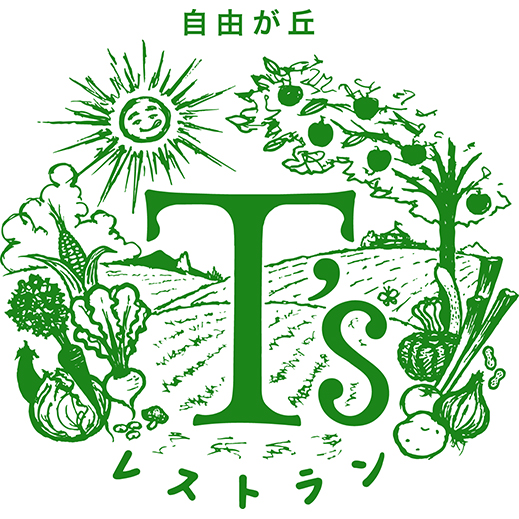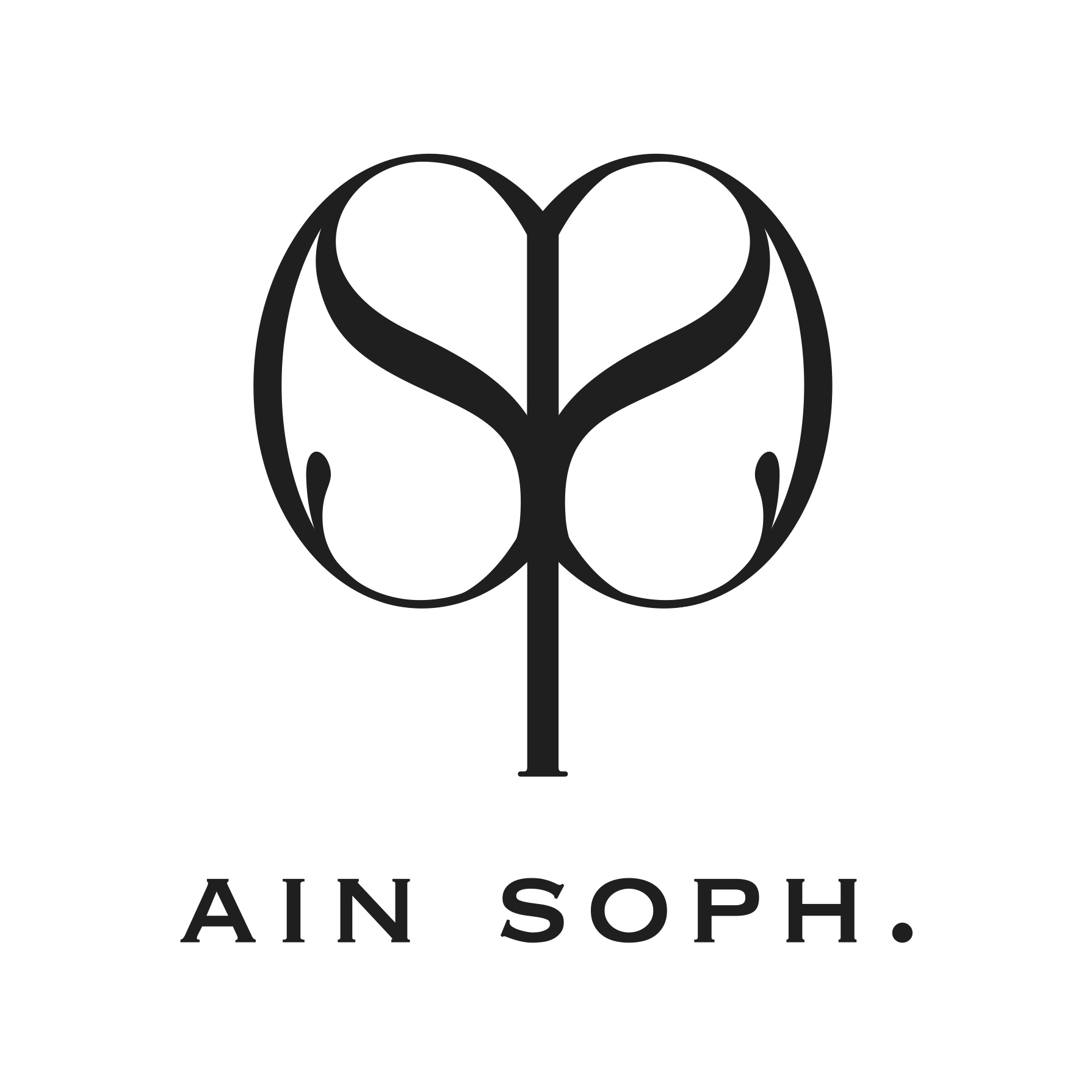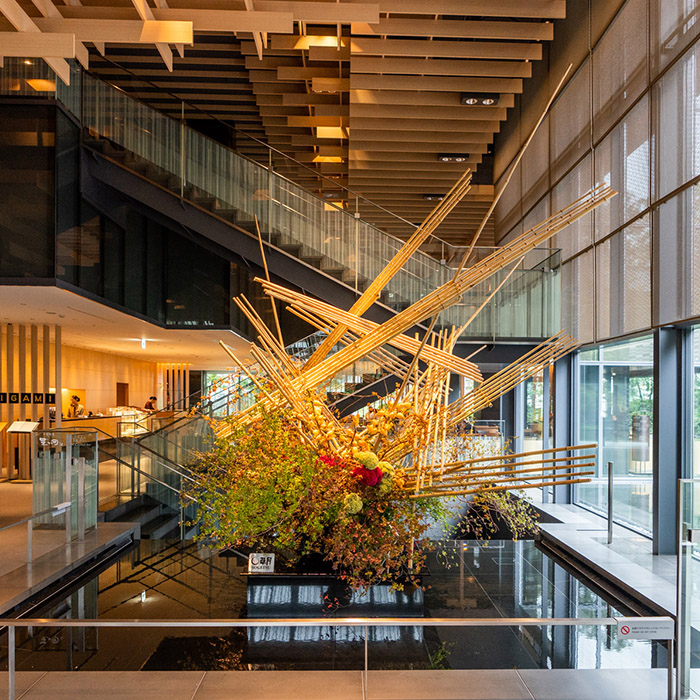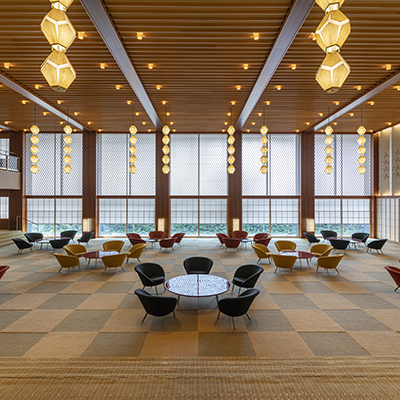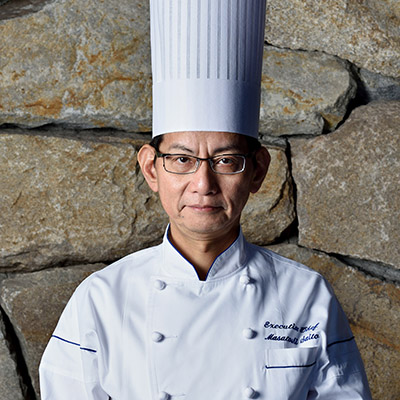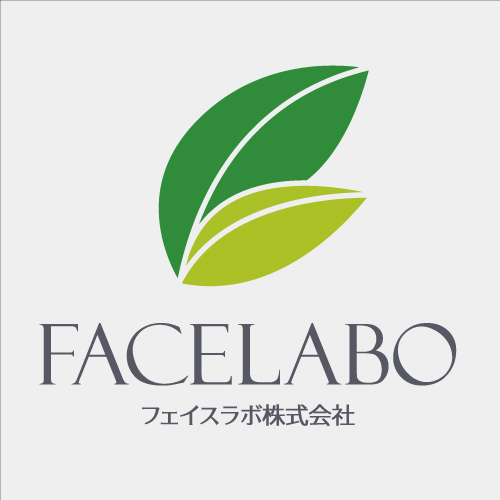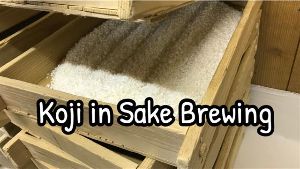September 1, 2025
TEND LEAF: A Paper-Based Green Net Pioneering Sustainable Agriculture
Interview with Yoshiyasu Hirano, Sales Section Chief, Yokoyama Fishing Net Co., Ltd
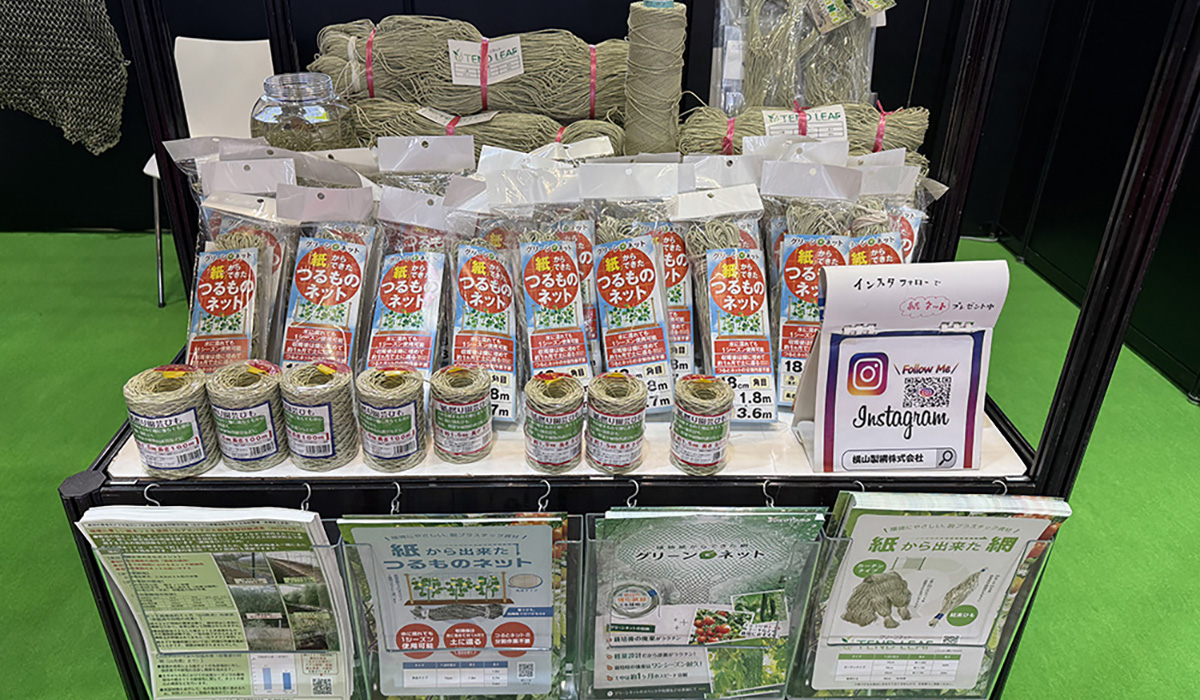
For over a century, Yokoyama Fishing Net Co., Ltd. has specialized in making fishing nets. Building on this tradition, the company has created “TEND LEAF,” an innovative agricultural net made from paper. Through special processing, the paper fibers keep their strength even when wet, and the net naturally decomposes in about five weeks once buried in soil alongside plant vines after harvest. By removing the need for labor-intensive separation or expensive plastic waste disposal, TEND LEAF has become a next-generation sustainable material, drawing intense interest at industry exhibitions.
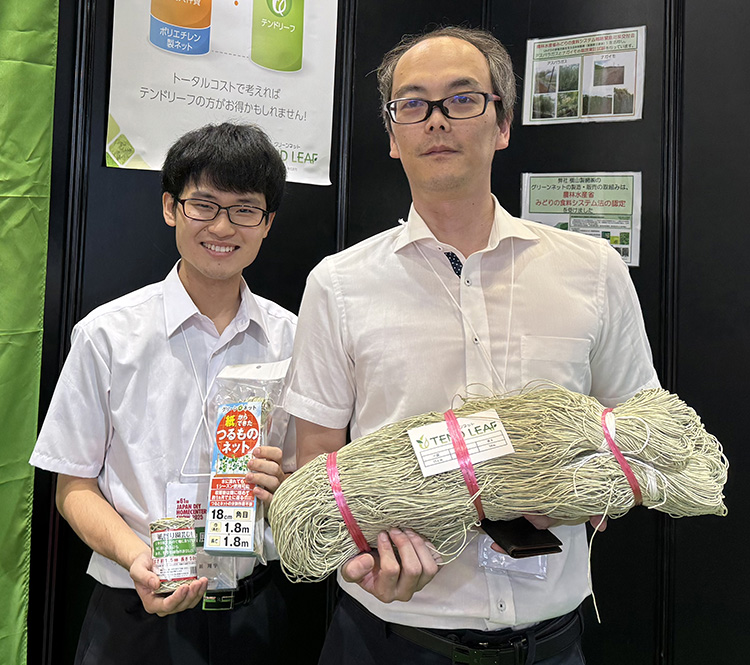
Yoshiyasu Hirano
Sales Section Chief, Yokoyama Fishing Net Co., Ltd
We leveraged our century-long expertise in producing nets from nylon yarns to manufacture nets using paper yarns successfully. We are proud to say that, despite using the same material, our company is uniquely capable of producing such nets. Recognizing the biodegradability of paper yarn as an advantage, we developed this product to contribute to society by offering an environmentally responsible solution.
TEND LEAF is made entirely from natural materials and can be disposed of in soil, through incineration, or even in water. Compared to overseas agricultural environments and disposal practices, what do you consider most unique?
The most notable feature is its rapid decomposition in soil. While many biodegradable nets and yarns are available, they often need specific conditions—such as temperature or humidity—to break down. In contrast, TEND LEAF decomposes easily when buried in compost soil, naturally breaking down in about five weeks.
The fact that TEND LEAF decomposes within about one month (five weeks) when buried after a single growing season is impressive. What benefits does this speed offer to overseas markets that focus on sustainable agriculture?
Disposing of the net soil does not produce CO₂ emissions. Additionally, it decreases the labor needed to remove vines from the nets. By eliminating this task, farmers can devote their time and energy to other essential activities, ultimately enhancing operational efficiency.
Compared with conventional nylon or polyethylene green nets, what eco-friendly aspects of TEND LEAF would you particularly like overseas farmers and gardeners to recognize?
Nylon and polyethylene nets must be incinerated, which inevitably releases new CO₂ emissions. In contrast, TEND LEAF can simply be buried in compost soil, where it decomposes naturally, leaving behind organic residue that enriches the soil as fertilizer.
One of the major advantages of your paper nets is that they can be disposed of without separating vines. How does this convenience translate into tangible benefits for agricultural sites worldwide, where labor savings and efficiency are increasingly prioritized?
With nylon and polyethylene nets, vines must be painstakingly removed before disposal—a process requiring significant time and effort. TEND LEAF eliminates this step: farmers can bury both the dried vines and the net directly into the soil. The only work required is covering the material with soil, saving both time and labor, which can then be reallocated to other critical tasks.
Globally, attention to plastic reduction and the SDGs is rising. TEND LEAF appears to be a product that directly responds to these demands. How do you plan to communicate this appeal to overseas markets?
First, we plan to offer multilingual packaging in English, French, German, and other languages. Then, we will actively promote the product at European trade shows, use targeted social media ads, and engage with institutions similar to Japan’s Ministry of Agriculture, Forestry, and Fisheries to encourage adoption.
For overseas farmers and gardeners, in what cultivation scenarios do you especially recommend using TEND LEAF (e.g., cucumbers, cherry tomatoes, beans, bitter melon, turf)? Why?
We especially recommend it for climbing plants. By experiencing how easy it is to dispose of after harvest, users can directly see the benefits of the product. In trellising cultivation methods, nylon yarns often degrade from ultraviolet rays, and their fragments may fall into fields, damaging soil quality. Paper yarns, however, do not degrade, and any cut-off pieces naturally break down. This allows farmers to cut them freely during training work without worrying about soil contamination.
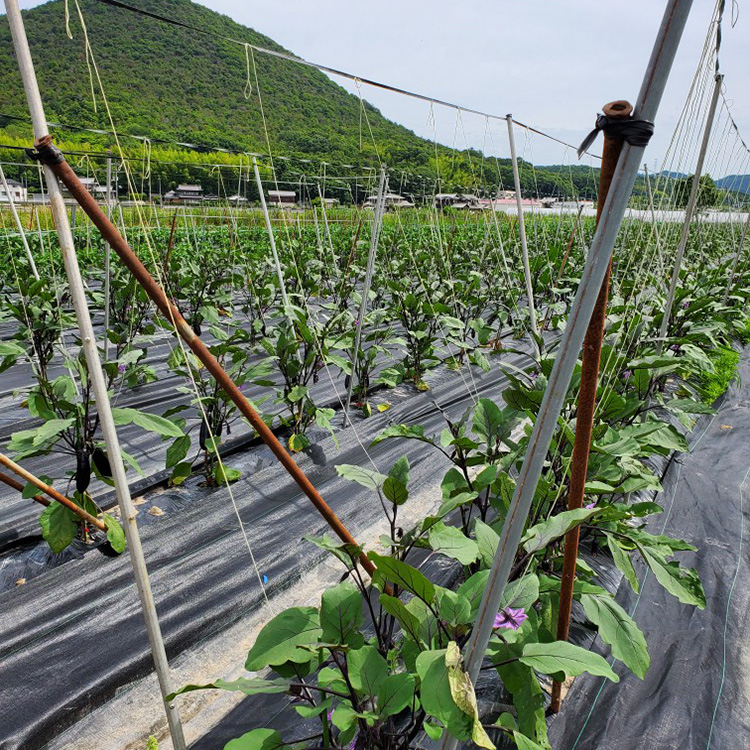 Eggplants supported by biodegradable paper nets
Eggplants supported by biodegradable paper netsRows of eggplants growing under the summer sun, trained with TEND LEAF nets that provide sturdy support while ensuring eco-friendly disposal after harvest.
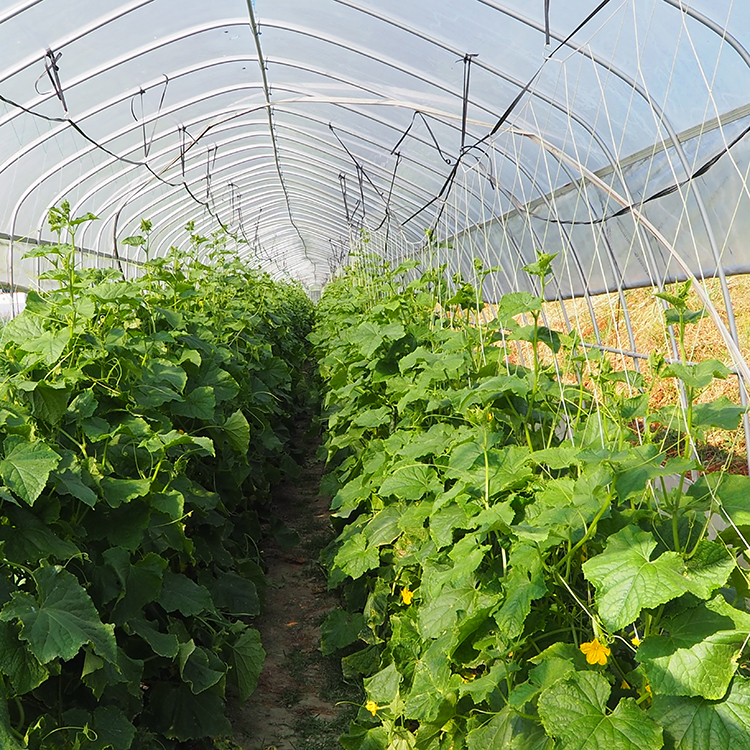 Cucumber cultivation inside a greenhouse
Cucumber cultivation inside a greenhouseClimbing cucumbers thrive on TEND LEAF nets, demonstrating both durability during growth and biodegradability once buried in soil.
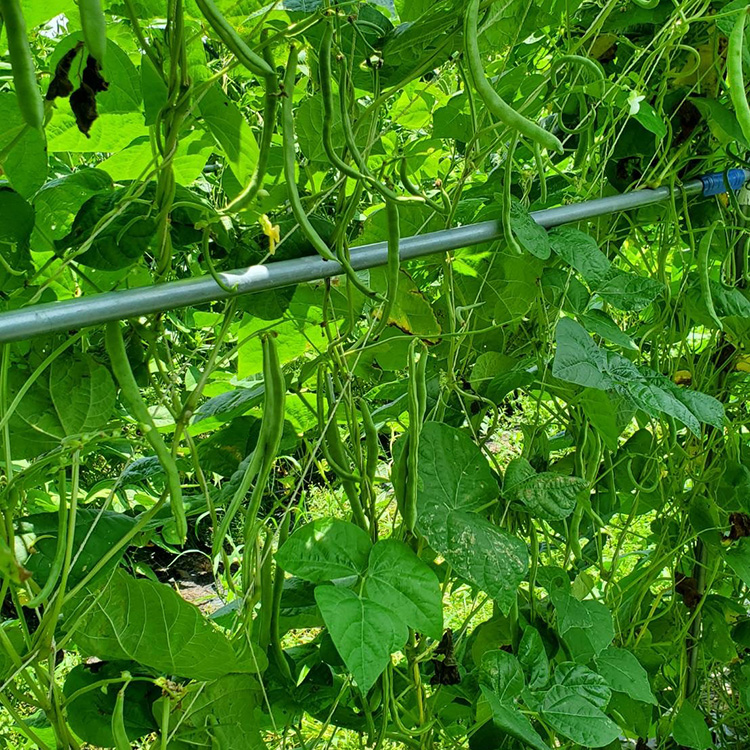 Green beans on trellis nets
Green beans on trellis netsAbundant green beans hanging from paper-based nets. Farmers can dispose of both vines and nets together, saving time and labor.
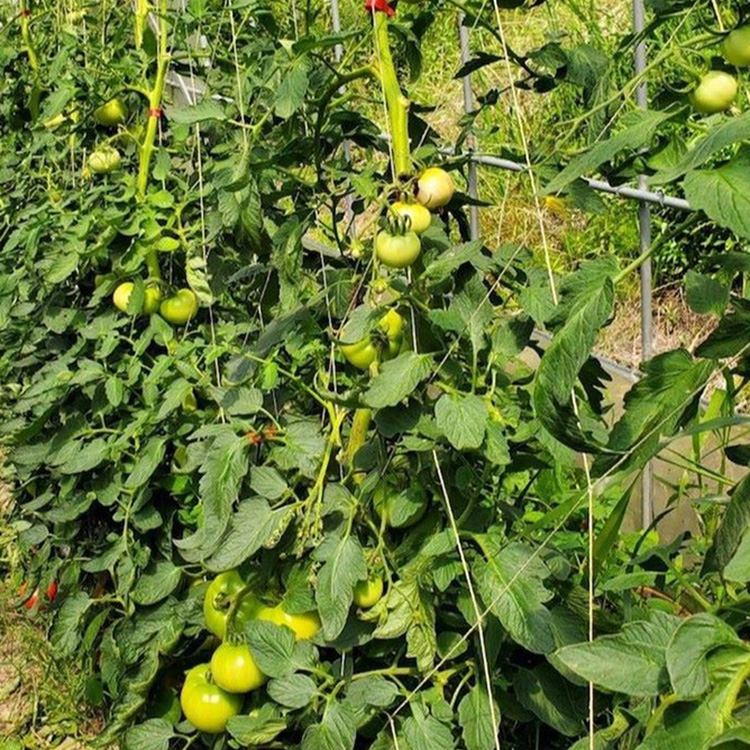 Tomato plants supported by TEND LEAF
Tomato plants supported by TEND LEAFTomatoes ripening along trellises tied with paper nets, highlighting the versatility of TEND LEAF across different climbing crops.



